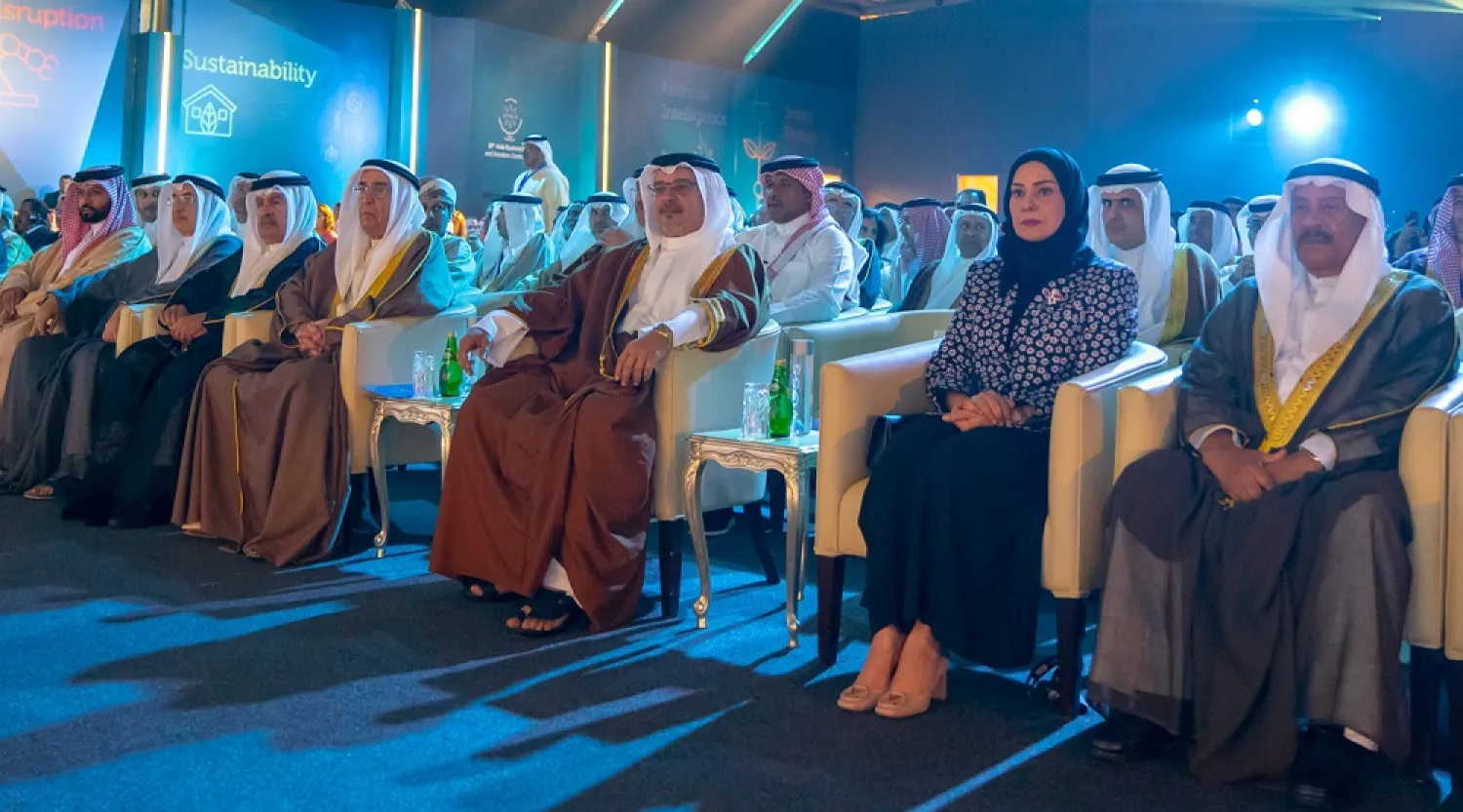The Arab Businessmen and Investors Conference (ABIC) held in Bahrain called for practical action to catch up with the new wave of technology-based economic boom, rather than just trying to follow it.
Bahrain’s Crown Prince Salman bin Hamad Al Khalifa, Deputy Supreme Commander and First Deputy Prime Minister, inaugurated the 18th ABIC on behalf of King Hamad bin Isa Al Khalifa.
ABIC speakers all admitted that Arab countries did not benefit from previous economic opportunities, warning against ignoring the current ones, namely artificial intelligence and the fourth industrial revolution.
The Crown Prince stressed that Bahrain will continue to implement initiatives and reforms that strengthen the business environment, enhance the Kingdom’s global competitiveness and support the development of innovative business models.
Prince Salman noted that innovation and creativity safeguard the resilience of the national economy while supporting sustainable economic development.
He pointed out that Bahrain continues to keep pace with the rapid development in the field of digital technology through innovative ways, adding that it is moving steadily towards creating advanced business models through devising policies and strategies for economic development.
Chairman of the Bahrain Chamber of Commerce and Industry (BCCI), Sameer Nass, stated that BCCI has accomplished many strides, stressing the importance of establishing a legislative, educational, commercial and industrial infrastructure to cope with the transformation of the digital economy.
He also pointed to the importance of establishing a specialized research and studies center that can transform the region into one capable of competing and creating effective partnerships that ensure qualitative opportunities for entrepreneurs.
Finance and National Economy Minister Sheikh Salman bin Khalifa Al Khalifa reiterated the importance of enhancing investment opportunities while ensuring a competitive framework to complement the economic sectors in Bahrain.
Minister Al Khalifa pointed to the complementary relationship between the GCC countries at various levels and their contributions in enhancing the competitiveness of the region on the global map.
During the conference’s second session, Minister of Transportation and Telecommunications Kamal bin Ahmed reiterated that Bahrain’s Economic Vision 2030 has enabled the Kingdom to increase investment flows and drive sustainable economic growth.
“We have to engage as a government and private sector in developing and maximizing the benefits of the fourth industrial revolution.”
The Minister also discussed IOT, AI and other technologies in Bahrain, noting that they require digital infrastructure to cover the entire country.










